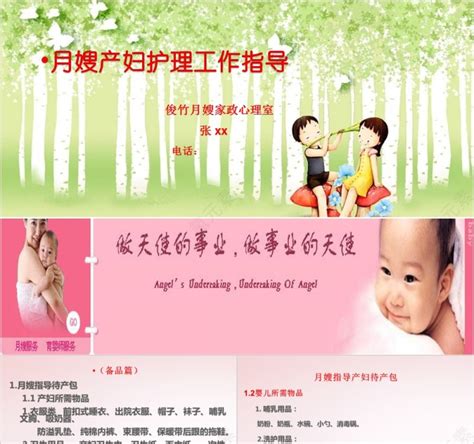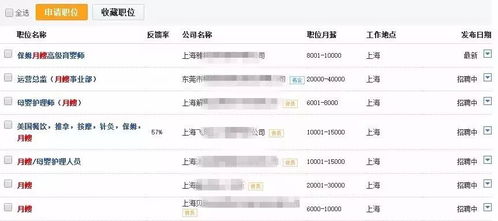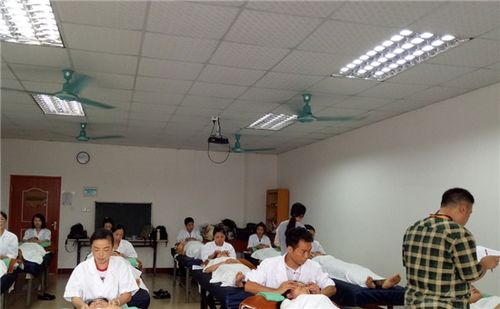Title: Personal Yearly Summary of a Maternity Matron
Introduction
As a maternity matron, the role entails providing crucial support and care to mothers during the postpartum period. Reflecting on a year's worth of experiences allows for growth, learning, and improvement in this profession. Here's a comprehensive yearly summary based on personal experiences and insights gained throughout the year.
Summary of Experiences
1.
Client Interaction and Communication:
Throughout the year, I've interacted with numerous clients from diverse backgrounds. Effective communication has been the cornerstone of successful client relationships. Understanding their needs, concerns, and preferences has been paramount in delivering tailored care and support.
2.
Postpartum Care Practices:
Implementing evidencebased postpartum care practices has been central to ensuring the wellbeing of both mothers and newborns. From breastfeeding support to newborn care techniques, staying updated with the latest guidelines and recommendations has been essential.
3.
Emotional Support:
Providing emotional support to new mothers navigating the challenges of motherhood has been fulfilling yet challenging. Being empathetic, patient, and nonjudgmental has fostered trust and rapport with clients, allowing them to express their feelings openly.
4.
Time Management and Organization:
Balancing multiple clients' schedules, appointments, and tasks requires effective time management and organizational skills. Prioritizing tasks based on urgency and importance while ensuring personalized care for each client has been crucial.
5.
Continuous Learning and Professional Development:
Engaging in continuous learning through workshops, seminars, and online courses has been instrumental in enhancing skills and knowledge. Staying updated with the latest trends, advancements, and best practices in maternal care has been a priority.
6.
SelfCare and WellBeing:
Prioritizing selfcare and wellbeing has been essential to prevent burnout and maintain optimal performance. Incorporating relaxation techniques, regular exercise, and seeking support from peers and mentors have been invaluable in maintaining balance.

Challenges Faced
1.
WorkLife Balance:
Balancing the demands of the profession with personal life commitments has been challenging at times. Striking a healthy worklife balance has required intentional effort and boundarysetting.
2.
Managing Expectations:
Managing clients' expectations while ensuring realistic goals and outcomes has been a delicate balance. Clear communication and setting achievable milestones have been key in managing expectations effectively.
3.
Cultural Sensitivity:
Catering to clients from diverse cultural backgrounds has presented challenges related to understanding cultural norms, traditions, and beliefs regarding postpartum care. Cultural sensitivity and adaptability have been crucial in providing culturally competent care.
Areas for Improvement
1.
Enhancing Cultural Competence:
Investing in cultural competence training to better understand and address the unique needs of clients from diverse cultural backgrounds.
2.
Strengthening SelfCare Practices:
Implementing more robust selfcare practices to prevent burnout and enhance overall wellbeing.
3.
Developing Specialized Skills:
Pursuing specialized training in areas such as lactation consulting or infant massage to offer additional services and expertise to clients.
Conclusion
Reflecting on a year's worth of experiences as a maternity matron provides valuable insights for personal and professional growth. By acknowledging achievements, identifying challenges, and outlining areas for improvement, one can strive to enhance the quality of care provided to clients while ensuring personal wellbeing and fulfillment in the profession.
This yearly summary encapsulates the journey of a maternity matron, highlighting experiences, challenges, and opportunities for growth. Through reflection and introspection, continuous improvement can be achieved, ultimately benefitting both the caregiver and the clients served.










